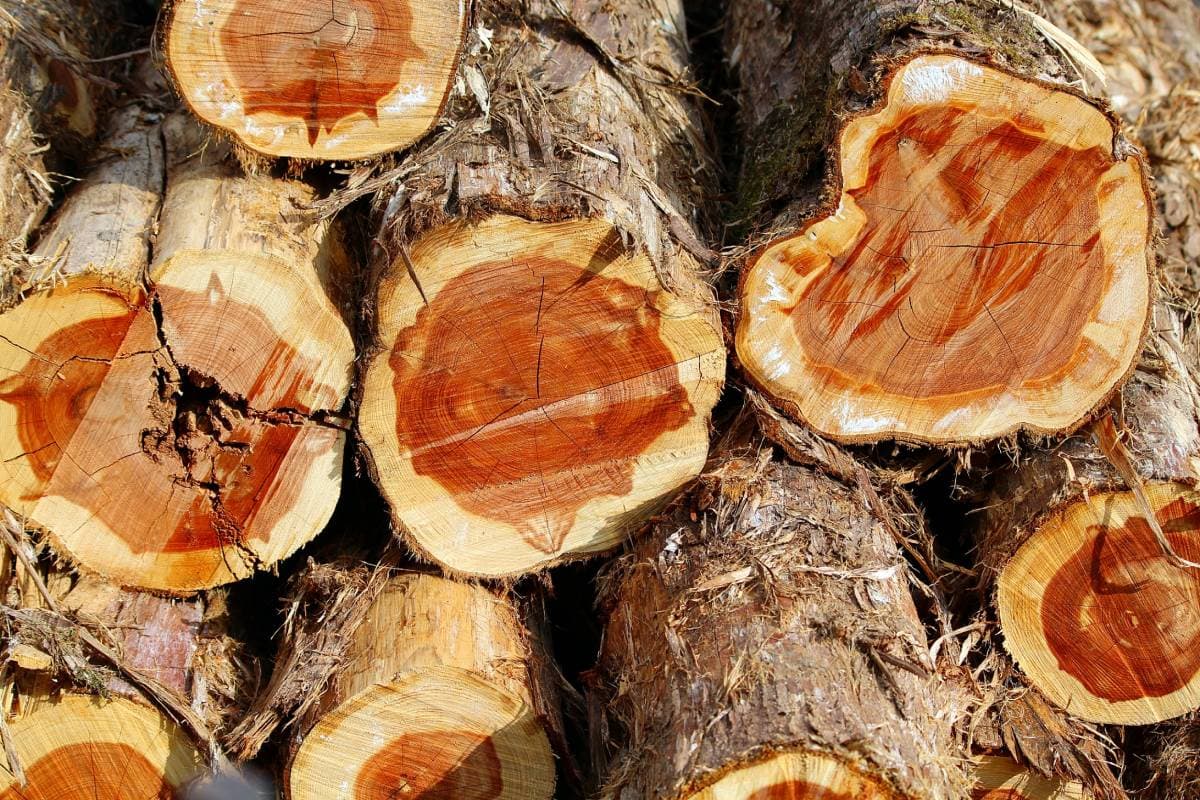
Walk through any old-growth forest in the Pacific Northwest, and you'll find fallen cedar trees that have been lying on the forest floor for decades, their wood still sound and strong. While other fallen trees quickly decay and return to the soil, cedar endures. This remarkable natural durability isn't a coincidence – it's the result of millions of years of evolution creating the perfect building material.
At Solid, we've made a conscious choice to use cedar exclusively for our rails and pickets. While we're adamant about steel posts for structural support, when it comes to the visible components of your fence, cedar isn't just a good choice – it's the perfect choice.
Nature's Perfect Fence Material
Cedar's superiority as a fencing material isn't the result of human engineering – it's the product of millions of years of evolution. Trees developed complex chemical and structural defenses to survive in challenging environments, and cedar perfected these natural protections better than almost any other species.
The secret lies in cedar's cellular structure and unique chemical composition:
- Natural oils that repel water and insects
- Dense, straight grain pattern that resists warping
- High concentrations of natural preservatives
- Specialized cell structure that maintains dimensional stability
- Natural resistance to decay and fungal growth
These aren't features we've added – they're built into every cedar board at a molecular level. When a cedar tree was growing, these characteristics protected it from insects, decay, and weather. Now, they protect your fence.
Understanding Cedar's Natural Durability
Cedar's legendary durability comes from its unique chemical makeup. The heartwood contains natural compounds called thujaplicins and thujic acid – organic preservatives that make cedar naturally resistant to:
- Insect infestation
- Fungal decay
- Moisture damage
- UV degradation
- Bacterial growth
This natural preservation system is so effective that cedar can last decades without any chemical treatment. While pressure-treated pine relies on artificial preservatives that eventually leach away, cedar's protection is integral to the wood itself – it can't wash out or degrade over time.
The Stability Advantage
One of cedar's most remarkable properties is its dimensional stability. In simple terms, this means cedar is less likely to:
- Warp or twist
- Cup or bow
- Split or crack
- Shrink or swell
This stability comes from cedar's unique cell structure and density. The wood fibers are arranged in a tight, straight pattern that resists movement, even with moisture changes. When other woods are expanding and contracting with seasonal changes, cedar maintains its shape and alignment.
Natural Beauty That Lasts
Cedar isn't just functionally superior – it's aesthetically exceptional. The wood has a natural richness of color and grain pattern that other fence materials simply can't match:
- Warm, rich tones that complement any landscape
- Subtle grain patterns that add visual interest
- Natural color variation that creates depth
- Clean, knot-free sections for a premium appearance
While cedar will naturally weather to a distinguished silver-grey over time, this aging process is uniform and attractive. Unlike pine, which can develop blotchy discoloration and unsightly weathering patterns, cedar ages gracefully, developing a timeless patina that many homeowners actually prefer to the original color.
The Maintenance Reality
Perhaps cedar's most practical advantage is its low maintenance requirements:
Standard Pine Fence:
- Regular sealing required
- Frequent repairs needed
- Chemical treatments necessary
- High replacement rate
- Constant monitoring for damage
Cedar Fence:
- Optional sealing
- Minimal repairs needed
- No chemical treatments required
- Low replacement rate
- Simple annual inspection
While cedar can benefit from periodic maintenance, it doesn't require it for survival. A cedar fence can last decades with minimal care, maintaining its structural integrity even if left completely natural.
The Environmental Perspective
Cedar's natural durability isn't just good for your fence – it's good for the environment:
- No chemical treatments needed
- Longer lifespan means less replacement
- Natural decomposition at end of life
- Renewable resource when properly managed
- Lower carbon footprint than treated materials
The Solid Approach
At Solid, every fence we build is crafted with cedar because it’s the only wood that meets our exacting standards. Our cedar pickets and rails are selected for their strength, beauty, and longevity, ensuring your fence stands out from the crowd for decades to come.
Every Solid Fence comes with:
- Industrial steel posts for unmatched structural integrity
- Premium cedar rails for lasting strength
- Select cedar pickets for beauty and durability
This combination creates a fence that's beautiful, durable, and remarkably low-maintenance. The cedar components work in harmony with our steel post system to create a fence that's truly built to last.
Build it once. Build it right. Build it to last.

